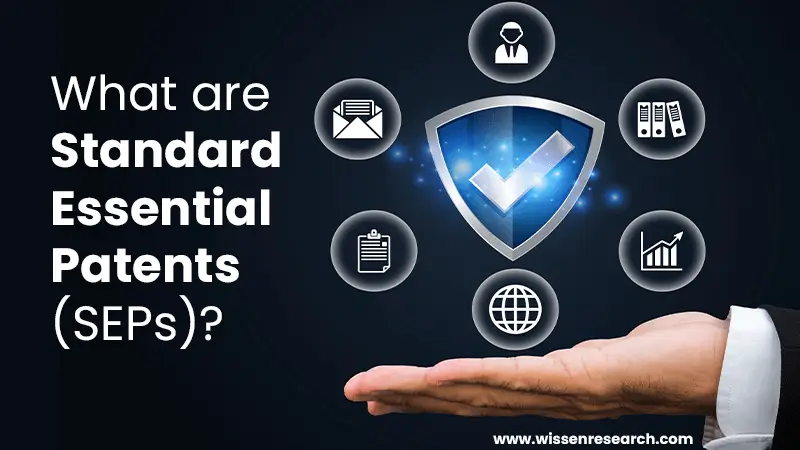Subscribe our newsletter
Please Subscribe our news letter and get update.

Introduction
In the complex world of intellectual property and technology, Standard Essential Patents (SEPs) play a pivotal role. SEPs are essential for ensuring interoperability and innovation in various industries, particularly in telecommunications and electronics. In this comprehensive guide, we will delve into the intricacies of SEP validation, why it is crucial, and how to navigate this essential aspect of patent management.
I: Unpacking Standard Essential Patents (SEPs)
What are Standard Essential Patents (SEPs)?
Standard Essential Patents (SEPs) are patents that cover technologies essential to complying with industry standards. They are vital for ensuring that diverse products from different manufacturers can work together seamlessly. SEPs are commonly found in fields such as telecommunications (e.g., 5G), consumer electronics, and software.
Why are SEPs Important?
II: The SEP Validation Process
Determining whether a patent is essential to a standard is a critical step in the SEP validation process. This involves expert analysis, consultation with standard-setting organizations, and legal evaluation.
SEP holders must assess their patent portfolios to ensure compliance with FRAND commitments. This involves evaluating the scope, validity, and enforceability of each SEP.
SEP holders must strike a balance between licensing their technology on FRAND terms and enforcing their rights. This requires careful negotiation, legal expertise, and collaboration with industry stakeholders.
III: The Legal Landscape of SEP Validation
International Standards
Understanding international standards organizations and their patent policies, such as the Institute of Electrical and Electronics Engineers (IEEE) and European Telecommunications Standards Institute (ETSI), is crucial for SEP validation.
Recent Legal Developments
Stay updated on recent legal cases and decisions that impact SEP validation, including high-profile cases involving tech giants.
IV: Best Practices for SEP Validation
Comprehensive Portfolio Management
Efficiently managing your SEP portfolio is key. Regularly assess your patents, maintain accurate records, and ensure compliance with FRAND commitments.
Collaboration and Negotiation
Collaborate with industry players and potential licensees to negotiate fair licensing terms. Successful negotiation is often the most practical approach to resolving SEP disputes.
Stay Informed
Monitor industry trends, legal developments, and emerging technologies to adapt your SEP strategy accordingly.
Conclusion
Standard Essential Patents (SEPs) are a critical aspect of technological innovation and fair competition. SEP validation ensures that these patents are used to benefit the broader industry and consumers. By understanding the complexities of SEP validation and staying informed about the evolving legal landscape, businesses can navigate this essential aspect of patent management successfully.
Please Subscribe our news letter and get update.
© Copyright 2024 – Wissen Research All Rights Reserved.